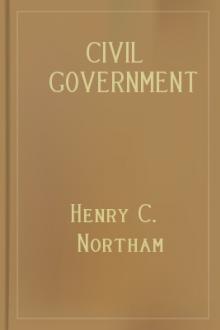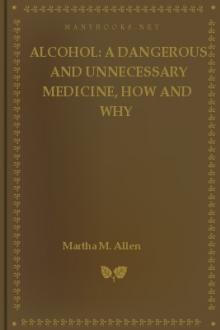Civil Government for Common Schools
Civil Government for Common Schools
Book Excerpt
hat authority organized?
Q. How many counties in the state?
Q. When was the colony of New York first divided into counties?
A. In 1683.
Q. How many counties were established in 1683 and their names?
A. Ten: viz, Kings, Queens, Suffolk, New York, Richmond, Westchester, Dutchess, Albany, Ulster and Orange.
Q. What are these counties called?
A. Original counties.
Q. What are the names of the county offices, the number of officials in the same office, and their term?
A. I. One sheriff, term is three years.
II. One county judge, term is six years: in a few counties there are special judges; same length of term.
III. In counties containing more than forty thousand inhabitants a surrogate may be elected; in counties containing less than forty thousand inhabitants, the county judge performs the duties of judge and surrogate; the term of surrogate is six years; in a few counties there are special surrogates.
IV. One county clerk; term is three years.
V. One treasurer; term is three years.
VI. One district attorney; term is three years.
VII. Four coroners; term is three years.
VIII. One or three superintendents of the poor; term is three years.
IX. Two justices of sessions; term is one year.
X. One school commissioner for each commissioner district; term is three years.
Q. What about the eligibility of these officers?
A. I. The sheriff is prohibited from holding the same office for a succeeding term, neither can he hold any other office at the same time. Const., Art. X, Sec. I.
II. No county judge can hold the office longer than the last day of December succeeding his seventieth birthday. Art VI, Sec. 13.
III. No person, except a counselor at law in the supreme court, can hold the office of district attorney, if there be such an one in the county; if there be none, then an attorney may be elected.
IV. Supervisors and county treasurers cannot hold the office of County superintendent of the poor.
V. No sheriff, under sheriff, deputy, sheriffs clerk or co
FREE EBOOKS AND DEALS
(view all)Popular books in Science
Readers reviews
0.0
LoginSign up
Be the first to review this book
Popular questions
(view all)Books added this week
(view all)
No books found

 Free Download
Free Download


























